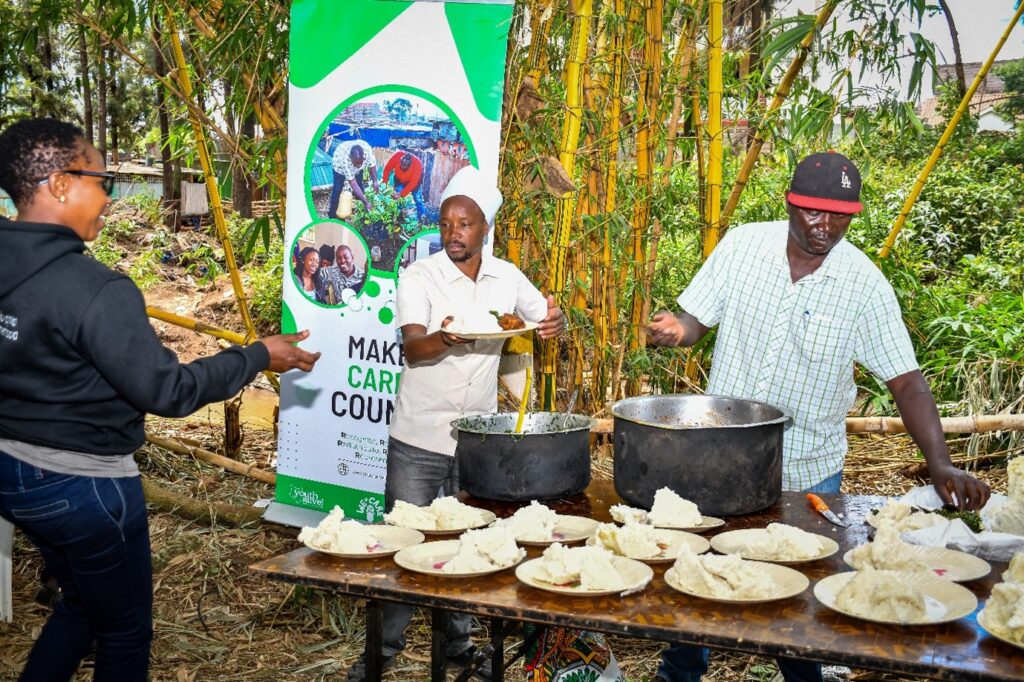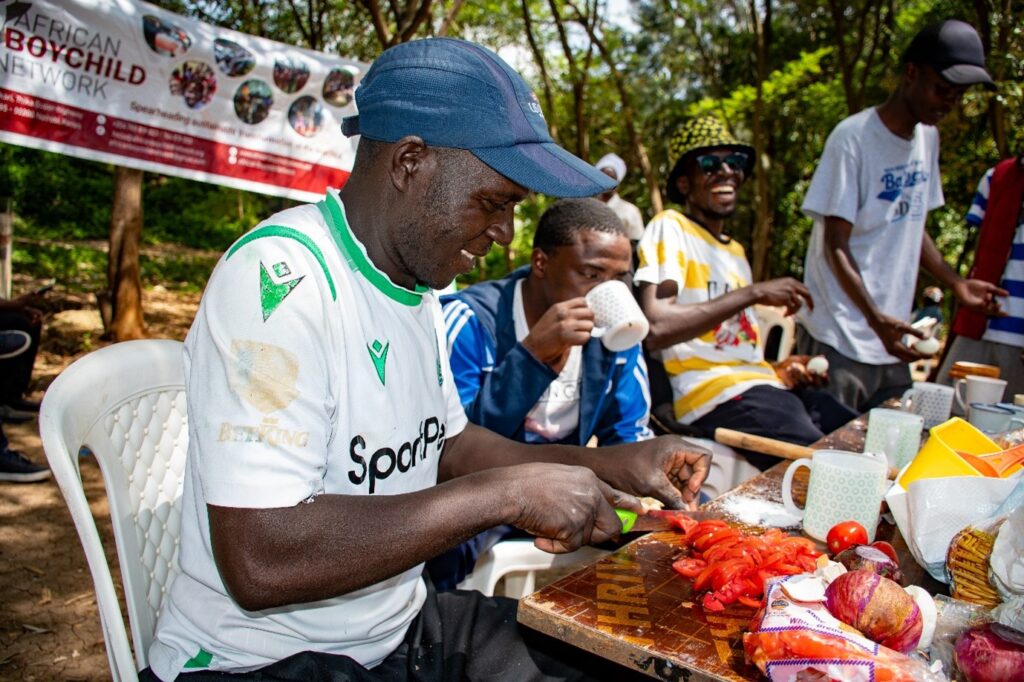YAK delivers new initiative that sees Kenyan men engaging in unpaid care duties
In a pioneering effort to dismantle deeply ingrained gender norms and rebalance the responsibilities of unpaid care and domestic work (UCDW), Youth Alive! Kenya, in collaboration with the African Boychild Network, spearheaded a transformative male engagement session on May 2, 2025. Held at Small Axe Park in Githurai, the flagship event brought together over 30 men for a hands-on immersion into the world of care tasks, challenging traditional perceptions of gender roles.

Participants engaged directly in a range of everyday care duties, including fetching water, cooking, childminding, shopping, and setting up communal spaces. This unique experience offered firsthand exposure to the often-invisible yet essential care work that women and girls disproportionately undertake, frequently without adequate support or recognition.
The men were divided into teams to tackle various household responsibilities, from managing shopping lists to preparing meals using traditional firewood and caring for children. These immersive tasks sparked profound reflections among the participants. Many openly admitted to having previously underestimated the significant emotional and physical demands inherent in care work.
A subsequent reflective “baraza” (community discussion) further deepened the conversation. Participants highlighted how limited infrastructure, such as inadequate access to clean water or readily available childcare, exacerbates the burden on women, particularly in informal and rural areas. A powerful consensus emerged: care work is not merely a personal matter; it is profoundly political, intrinsically linked to inequality, time poverty, and the exclusion of women from paid employment and leadership positions.
These ground-breaking sessions marked a significant turning point. Participating men reported a heightened awareness of the issue, a notable shift in their attitudes towards gender roles, and expressed personal commitments to assume greater care responsibilities within their own homes. Some even voiced interest in forming male-led advocacy groups to champion the demand for improved care-supportive infrastructure.

In Kenya, where women dedicate an average of 11.1 hours daily to unpaid care compared to just 2.9 hours for men, male engagement is not just important – it is essential. By actively participating in WE-Care, these men are playing a crucial role in dismantling barriers that hinder gender equality and impede inclusive development across the nation.
